Parents, Read Brain Rules for Baby
This post may contain affiliate links.
Brain Rules for Baby by John Medina is an excellent, well-researched book about parenting using the latest brain research – it’s almost as good as his You Tube videos where he elaborates on the brain function with hilarious skits and easy-to-follow information.
Why Parents Should Read Brain Rules for Baby
Medina, a developmental molecular biologist and dad, isn’t selling you a program of classical music or videos – in fact, he would argue that those are not-effective and in the case of videos, damaging. He’s broken down the science behind the brain and made it easy for us non-scientists to grasp.
Let’s look at a few of Medina’s basic brain rules: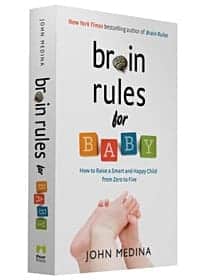
- The brain cares about survival before learning
- Intelligence is more than IQ
- Face time, not screen time
- Praise effort, not IQ
- Guided play — every day
- The brain craves community
- Labeling emotions calms big feelings
- Discipline + warm heart = moral kid
- Babies are born with their own temperament
- Safe baby, smart baby
Practical Tips (printable .pdf)
A few stand-out “a-ha” insights for me:
- On empathy: “Researchers in the Chicago area showed that musically experienced kids – those who studied any instrument for at least 10 years, starting before age 7 — responded with greased-lightning speed to subtle variations in emotion-laden cues, such as a baby’s cry.”
- The secret of happiness: George Vaillant found, as he said in the Atlantic, “The only thing that really matters in life are your relationships to other people.”
- “Exercise — especially aerobic exercise — is fantastic for the brain, increasing executive function scores anywhere from 50 percent to 100 percent.”
- Don’t say “You’re so smart” to a child because then she’ll think of her success or failure is due to some static ability over which she has no control. Instead say, “You worked really hard” which is a growth mindset that shows the child that they can control their outcomes.
- “The box the flashcards come in is probably more beneficial to a toddler’s brain than the flashcards themselves.”
- “Sign language may boost cognition by 50 percent.”
- Learning a foreign language must involve social interaction, not tapes or videos.


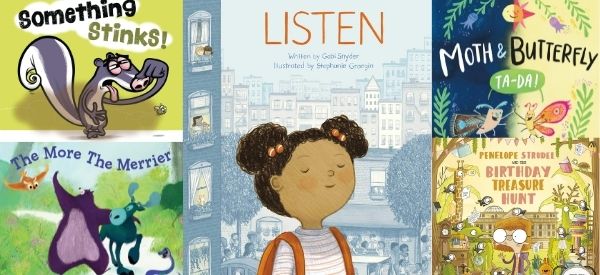

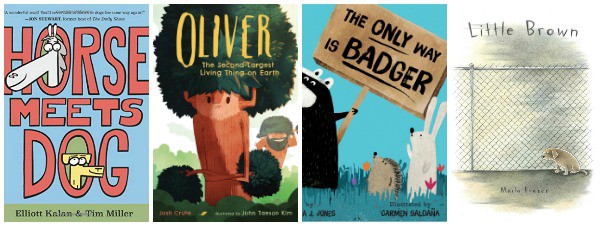
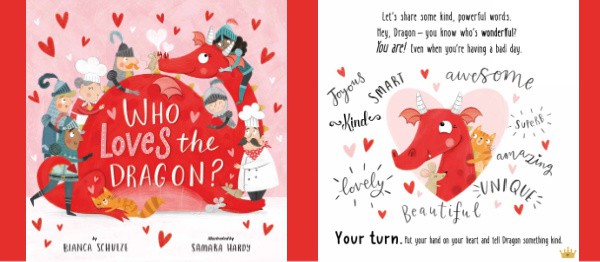
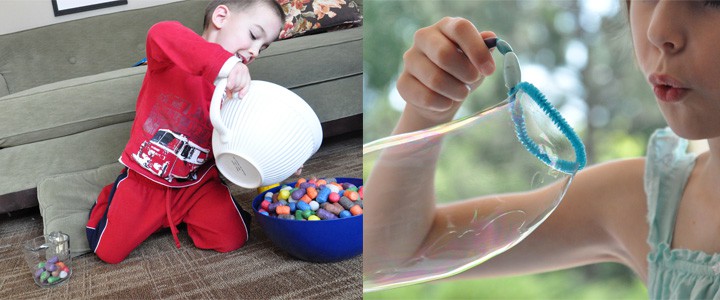
hiI DID IT!!! thank God i got them right the 1st time!i made them with the chocolate gahemna..mmmmcmm super good!thanks for your awesome site!
I must admit I suspected those DVDs were mostly hype. Nice to have my suspicions confirmed!